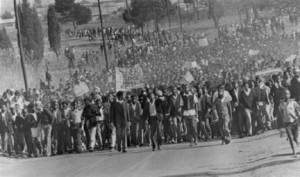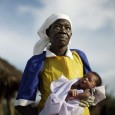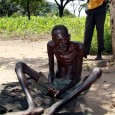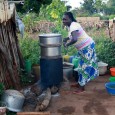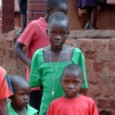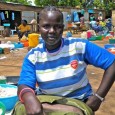The Day of the African child has been celebrated on June 16 every year since 1991. It was first initiated by the Organization of African Unity.
It is in honour of the children who participated in the Soweto uprising in 1976 when about 10,000 black school children in south Africa matched in a column more than a half a mile long, protesting against apartheid-inspired education. They demanded to be taught in their own language, which resulted in the killing of unarmed young protestors by the police officials.
During the match, hundreds of young students were shot, of which the most famous were Hector Peterson. More than a hundred people were killed in protest over the following two weeks and thousands more were injured.
Since then, The African Union and its partners have been commemorating the day with different themes every year. The chosen themes help fight for children’s right. The day further presents an opportunity to focus on the work of all actors committed to the rights of children on the continent, to consolidate their efforts in addressing the obstacles for releasing their rights.
The general objectives are to celebrate the day of the African child and draw attention to the need of eliminating harmful social and cultural practices affecting children today.
This day always brings together children, NGOs and service-giving organizations to exchange their views on the important on children related subjects. This year, the participants are many children from different African countries, parents, NGOs, and teachers.
By the completion of the project, thousands of people are expected to be aware about the harmful social and cultural practices affecting children and millions affecting children are to be reached out.
Children in Omilling will be matching against illiteracy in solidarity with Soweto uprising in 1976. They need your help to build Mairo Primary School!
